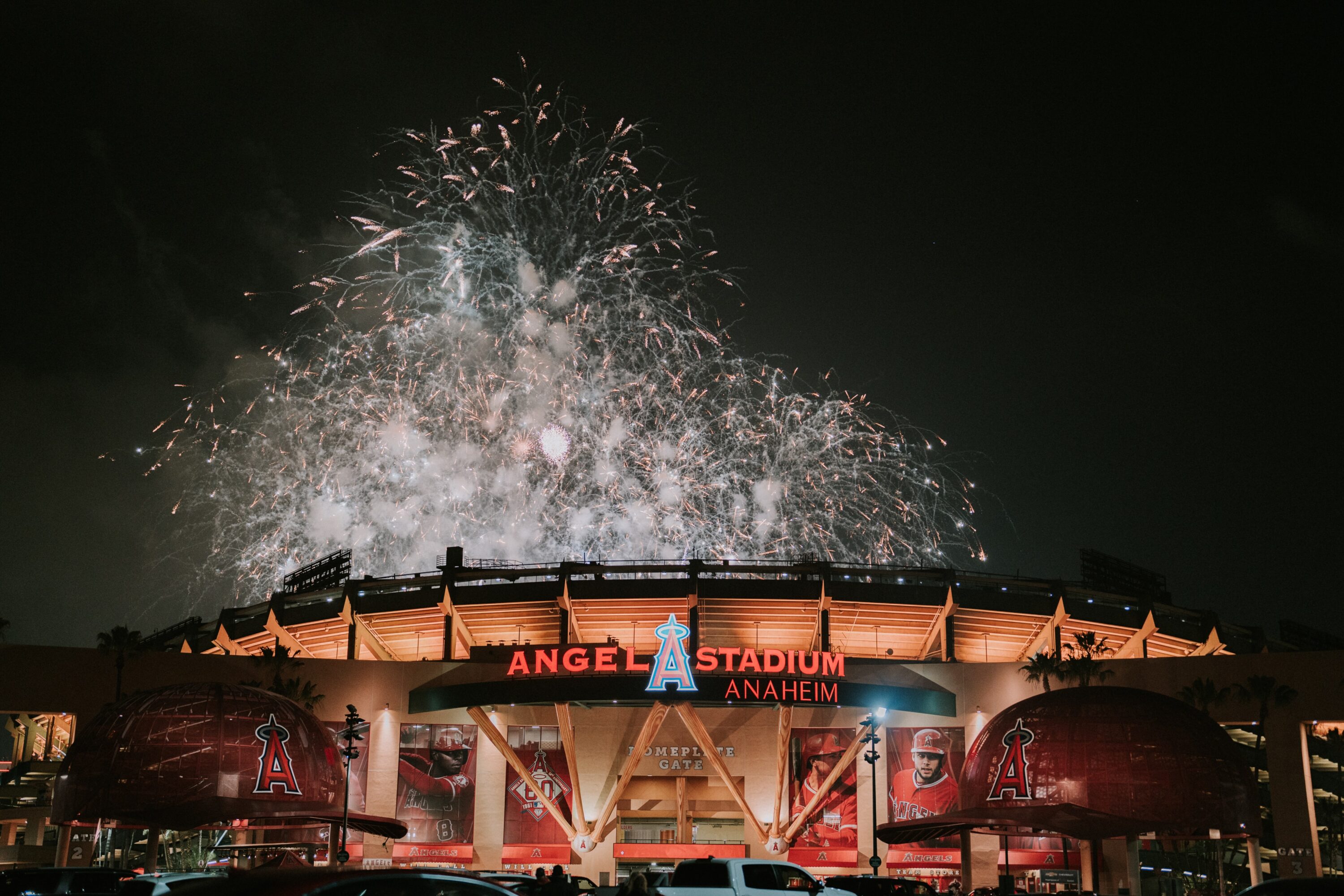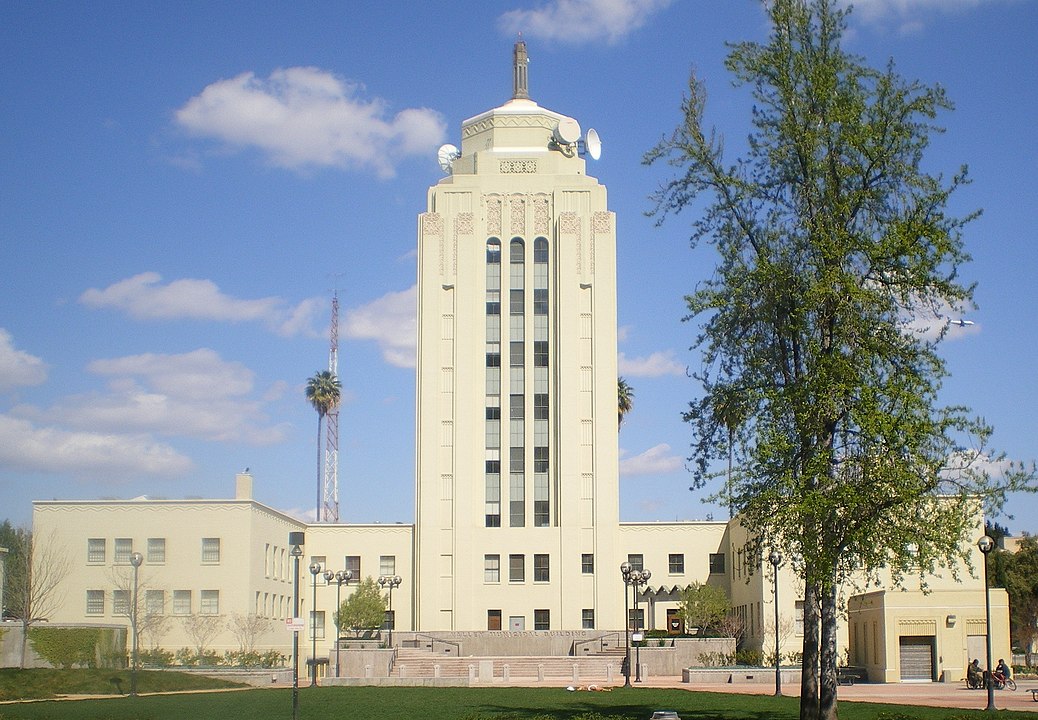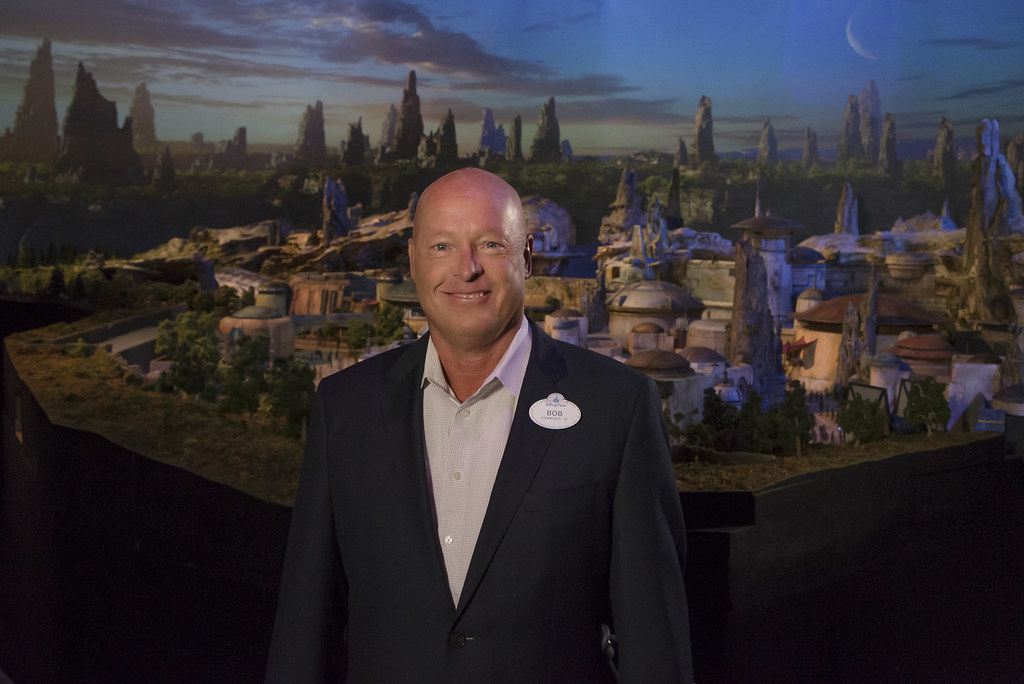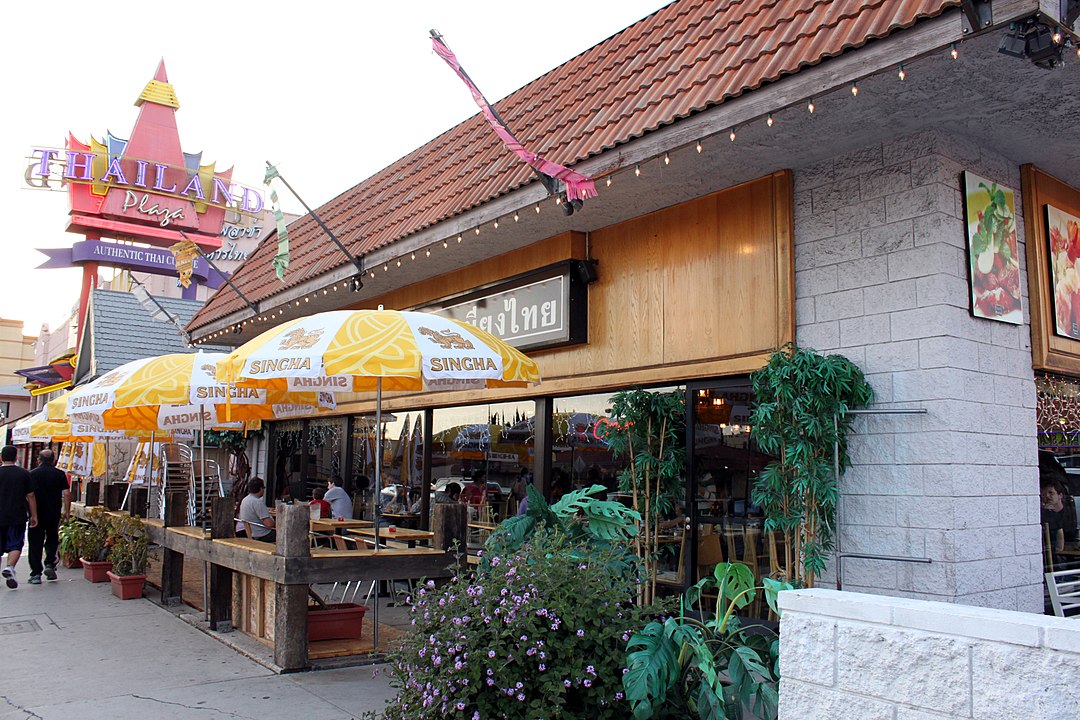An Orange County Superior Court judge Monday handed down an initial ruling dismissing a lawsuit seeking to undo the city’s sale of Angel Stadium to the Los Angeles Angels.
The People’s Homeless Task Force sued the city, citing Brown Act open meeting law violations in the city’s approval of the sale of the stadium and property surrounding it.
Orange County Superior Court Judge David Hoffer dismissed the claims, ruling that city officials did not violate the Brown Act and concluded that statements made in court papers by former City Manager Chris Zapata and Councilman Jose Moreno were “not credible.”
Zapata was the chief negotiator for the city in 2019 after the Angels opted out of their lease in 2018.
The Angels made their first proposal Nov. 15, 2019, to purchase the stadium property. The City Council debated the proposal at a Dec. 20, 2019, meeting that included “four hours of public input from over 70 speakers,” according to the judge.
The council approved the deal, but then had another meeting Sept. 29, 2020, to consider a “restated purchase proposal… and related development agreement,” Hoffer said.
Another meeting was held Oct. 6, 2020.
Zapata said in a declaration to the court that the council decided at an Aug. 13, 2019, private meeting to sell the property to the Angels and in a Sept. 24, 2019, closed meeting considered an updated appraisal and authorized further negotiations. Moreno agreed in his declaration with that account.
City attorney Robert Fabela also made a declaration that he was at both meetings and the merits of a sale or lease were discussed. He said the property was still being evaluated and the Angels had not made a proposal. The city attorney said the closed sessions were focused on “potential options.”
Hoffer did not buy the argument that the council decided to sell the property at the private meetings.
“First, the court does not find the Zapata and Moreno declarations credible on these points,” Hoffer wrote. “And second, even if the Zapata and Moreno declarations were credible, the court finds the discussions allowable because the price of a sale and the basic property right being sold are inextricably interrelated — a legislative body cannot coherently discuss one without discussing the other.”
Hoffer found that Moreno’s comments at the Dec. 20, 2019, City Council meeting “directly contradict the Zapata and Moreno declarations,” because he said at the time that it was the first time the terms of the deal had been brought up.
Hoffer also rejected arguments that a couple of virtual meetings on the deal violated the Brown Act because city officials were adhering to a state emergency under the COVID-19 pandemic and that one of the meetings was held before the state law cited in the lawsuit was approved.
Hoffer also noted that the meetings included extensive public comment that was conveyed to council members.
“This initial decision is the right decision,” Mayor Harry Sidhu said. “This validates that the stadium sale was an extensive public process with community input and debate.
“We look forward to a final decision and moving ahead with a plan for the future of baseball in Anaheim that will generate revenue for our residents and neighborhoods for years to come.”
The deal includes the sale of the stadium and 150 acres of land that will be developed with homes, offices, hotels, shopping and other businesses. The Angels, in exchange, commit to remaining in Anaheim through at least 2050.
Hoffer has 10 days to make the ruling final.







